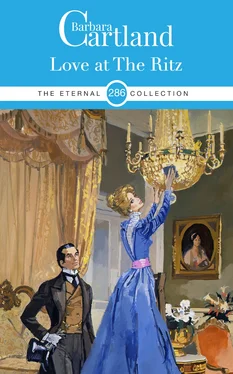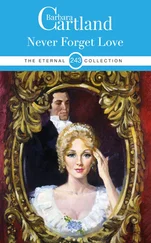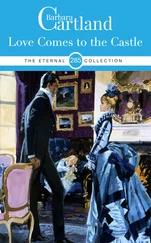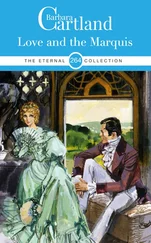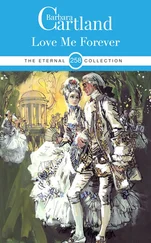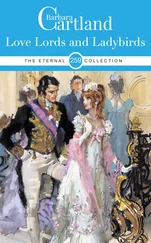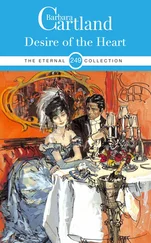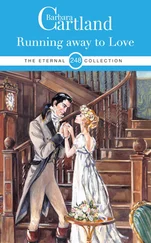This book is dedicated to the most famous, most comfortable and most glamorous hotel in the world.
I always recommend that everyone should go on honeymoon every year, preferably always to the same place, to rekindle their love and passion for each other.
I spent my honeymoon at the Ritz Hotel in Paris and I went back every year except during the War for another honeymoon with my husband, who died after twenty-eight blissful years of marriage of his war wounds contracted at the Battle of Passchendaele.
The Ritz has a magic for me that no other hotel has and this book is therefore a tribute to the wonders created with love by César Ritz, the great hotelier himself.
I have been visiting the Ritz Hotel for sixty-six years and it is without exception the most comfortable and, I think, the most attractive, hotel in the world.
It always delights me to think that it is really unchanged since it was designed by César Ritz and opened in June 1898.
César Ritz was, in fact, a genius and far in advance of his time.
Nobody had ever envisaged a hotel with a bathroom to every bedroom and one that was decorated in such perfect taste.
When I lie in bed in the Ritz, looking at the plain walls, which were a great innovation in César Ritz’s day, the fine silk curtains with no frills or furbelows and the beautiful chandelier that is part of the story I have just written, I think how lucky we were that César Ritz created a revolution in the hotel business.
He had an obsession with cleanliness, which again was new, and he was later to make the Carlton Hotel in London, which now has been demolished, a replica of The Ritz in Paris.
The Ritz has a history of its own, from the time that the Prince of Wales became its most important client to when the Germans took it over as their Headquarters when they reached Paris in World War II.
I have spent some of the happiest days of my life in the Ritz, as I stayed there on my honeymoon. Every year my husband and I went back for a second honeymoon to revive our romance and to keep our love even more entrancing than it had been when we first married.
If we ever lost the Ritz, it would not be only a loss to France but to all the people like myself who have enjoyed it generation after generation.
The Earl of Cuttesdale was in an exceedingly bad temper.
He had been in a rage when he left London because his back was hurting him so much that it was an agony to make even the slightest move.
At least, he told himself, he would try something new.
At the same time he continued to abuse the English Medical Profession all the way over the English Channel and again on the train journey to Paris.
His daughter, Vilma, who was with him, was quite used to his rages and so paid little attention to him.
His valet, Herbert, who had been with him for years, had learnt to say nothing until the storm was over.
When they neared Paris, the Earl had said to them both,
“Now you quite understand, as I have no wish for anyone to know that I am like a broken doll, I am from this moment Colonel Crawshaw and Lady Vilma is Miss Crawshaw.”
As he had already stressed this at least a dozen times, Vilma thought that neither she nor Herbert were likely to forget it.
They drove to Paris to the luxurious house which the Earl had borrowed on previous occasions from his good friend, the Vicomte de Servaiss.
The Vicomte, at the moment, was in the country.
He had, however, replied to the Earl’s letter saying he was only too delighted for him to use his house in the Rue St. Honoré.
Vilma had never been there before and she was delighted with the beauty of the rooms and the way they were lit in the new fashion by electricity.
“It is very pleasing, Papa,” she said, “to see that the way we have done this at home is absolutely correct for I believe that the French are more advanced in electrical matters than we are.”
The Earl merely glowered in reply and after a good dinner he was assisted up to bed so that he could rest his back.
In the morning he was slightly better-tempered when Vilma brought him the newspapers.
“It is so thrilling, Papa,” she enthused. “The new Hotel Ritz was opened yesterday and apparently all the important people we have ever heard of were present.”
“I dislike hotels!” the Earl retorted firmly.
“I know, Papa, but they say that the Ritz is quite different from any other hotel that there has ever been. Can you imagine that there is a bathroom for every bedroom?”
For a moment the Earl looked as if he admitted that this was a good innovation.
Then he said,
“The Prince of Wales is perfectly content to stay at the Bristol Hotel, where there is only one bathroom on each floor.”
Vilma was not listening to him as she was reading the newspaper. She could read French as easily as she could read English.
After a long pause she said,
“Fancy! The Vanderbilts were at the opening and so were the Grand Dukes Michael and Alexander and the beautiful Otero. I am sure I have heard of her before.”
“If you have, you should not have,” the Earl snapped.
“Why not?” Vilma asked.
The Earl paused for a moment to search for the right words.
Then he said,
“She is a courtesan , I admit a grand one, but nevertheless her name would never have been mentioned by your mother or by your grandmother.”
Vilma laughed.
“You know, Papa, that you and I can talk about everything and anything and that is what I enjoy more than anything else.”
The Earl’s eyes softened.
He was, in fact, very fond of his only daughter.
He thought her so beautiful that it was unlikely, now that she was launched into Society, that he would keep her for long.
He had, however, by taking her away in June, made her miss some of the most important balls that were taking place in the London Season.
However she did not seem to mind.
In fact she was more interested in going to Paris than in attending the elaborate functions given by the mothers of her contemporaries.
Reading the newspaper again, she exclaimed,
“The English were there too, the Duke of Marlborough and then the Dukes of Portland, Sutherland and Norfolk, all there with their wives.”
“That is surely very something new!” the Earl exclaimed. “In my day, when one came to Paris, one left one’s wife behind.”
Vilma laughed.
“Now that, Papa, is just the sort of thing you ought not to say to me!”
“You brought it on yourself,” the Earl responded. “Now, make sure that none of that lot learn that I am here. I have no wish for them to laugh and jeer at me because, for the first time in years, I have fallen off a horse.”
“It is very understandable, Papa,” Vilma said, “considering how wild Hercules is. But you would ride him.”
The Earl recognised that this was certainly true.
He was a magnificent rider and he was quite confident that the stallion he had bought from a friend as he could not control it would be ‘child’s play’ as far as he was concerned.
Unfortunately, Hercules , a fine stallion, had shied at one of the spotted deer in the Park.
The Earl, taken unawares, had been thrown heavily to the ground.
Vilma knew only too well how proud her father was of his equestrian reputation and she knew that he would feel very hurt if any of his friends crowed over him because he was hors de combat .
“No one will know you are here, Papa” she said soothingly, “and I will be very careful to remember that I am Miss Crawshaw. After all I shall not be lying, as it is one of your names.”
Читать дальше
